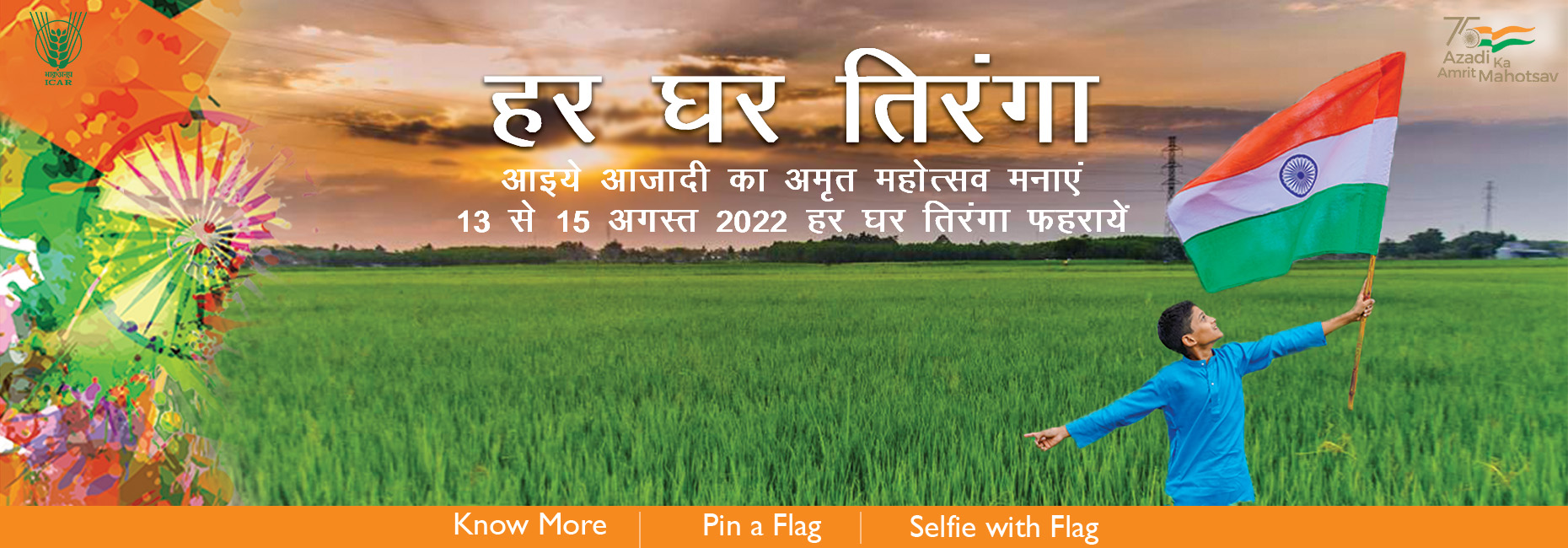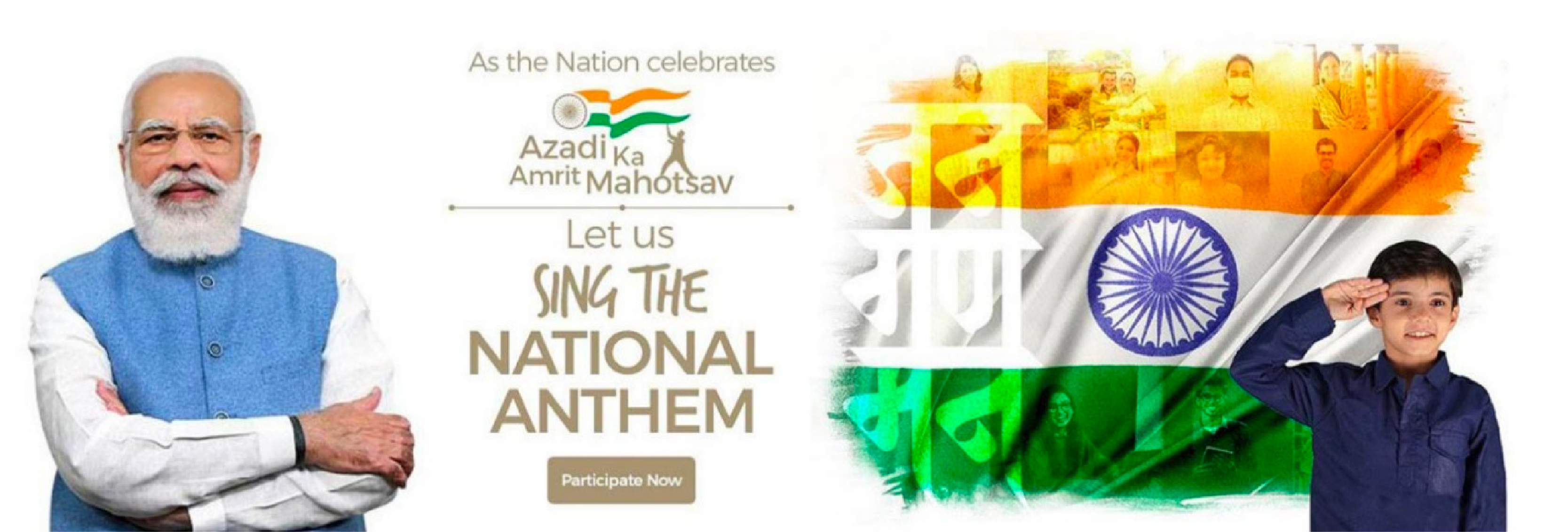अक्टूबर - दिसंबर 2015
The Frontline Demonstration in Agricultural Extension has been one of the prime drivers of accelerating agricultural growth in India. Acknowledging this fact, the extension system that is traditionally funded and governed by Public Sector is now hybridized witnessing pluralistic/multi-agency extension system catering to the wide range of demands of stakeholders. Notwithstanding, the extension education and technology delivery system has been dynamic to keep pace with the changing and growing needs of broad-based extension approaches. In the whole process of agricultural development, harnessing advances in frontiers of science in selected priority areas with larger spin-off benefits by focusing on basic and strategic research also assumes significance.
Eventually, we continue to search for alternatives wherein innovation and incubation plays a vital role. Thus, there is a need for paradigm shift in extension research from predominant focus on diffusion and adoption and communication to multi-faceted cross thematic sectors.
- Renewed KVK Establishments
- Soil-and-Water Testing labs for 195 Krishi Vigyan Kendras (KVKs)
- Rainwater Harvesting Structures for 183 KVKs
- Minimal Processing Facilities for 221 KVKs
- Carp Hatchery for 85 KVKs
- Integrated Farming System for 509 KVKs
- Solar Panels for 100 KVKs
- Technology Information Units for 434 KVKs
- vKVK and KVK net for 555 KVKs
- 51 specialized KVKs
- Micronutrient Analysis Facilities for 60 KVKs
- Mini-Seed Processing Facility for 119 KVKs
- Four new ATICs
The Indian Council of Agricultural Research is strengthening the Extension Research and Education in the country through its new ventures including remodeling and equipping Krish Vigyan Kendras. Farm-led extension and market-led extension activities have been oriented to augment production with farmers' income. In this process, the role of institutional innovations would be critical in the context of changing agricultural scenario to reap the benefits of emerging opportunities. As the Frontline Extension System of ICAR, the KVKs (642) are striving to strengthen the technology adoption for climatic adaptation amongst farmers.
The Union Cabinet recently approved Rs 3,900 crore for strengthening agricultural extension in the country with a provision for new KVKs in remaining and newly created districts (121); establishment of Integrated Farming System Module; Technology Information Unit; Mini-seed Processing Facility; Rainwater harvesting Units; Soil-and-Water Testing Laboratories; Micronutrient Analysis Facilities; Minimal Processing Facility; Portable Carp Hatchery; Operation of e-Extension; e-Farmers; Specialized KVKs; ICT in agriculture including mobile and web platform, Farm Innovation and managing unforeseen calamities; infrastructure strengthening like boundary wall, power support and farm equipments.
Agriculture enterprise in the country is now becoming more diversified, technology intensive, knowledge intensive and more demand driven. This requires the extension personnel at the cutting edge level to be master of so many trades, which involves multi-faceted skills. Role of knowledge system and institutional mechanisms for input supply, credit, crop, livestock insurance etc., would therefore be important in reducing both risks and uncertainties to attain the much needed resilience in Indian agriculture. In this process, ICT-enabled extension is more effective in meeting the information needs of farmers and other stakeholders by ensuring timeliness and precision. ICAR Initiatives like agropedia, KVK-Net and vKVK, and Farmers Portal of Department of Agriculture and Cooperation and Farmers Welfare have proven effective in capacity building of farmers and extension professionals. With growing concerns on achieving climate resilience in agriculture, there is a need to provide growers with assistance and access to the latest in management practices that improve farm resilience. In these efforts, the KVKs implementing the Technology Demonstration Component of the National Initiative on Climate-Resilient Agriculture have registered success stories. Extension need to facilitate enhancing their access to inputs to improve efficient participation of women in agricultural activities while reducing drudgery and improving work efficiency. Skill development of rural youth is our target to help improve our confidence in transforming Indian Agriculture, as not only as a profession, but also as a provider of employment opportunities through secondary agriculture and services in agriculture.
At household level, it is realized that direct feeding interventions for ensuring nutritional security may not be cost-effective and therefore may not be sustainable in the long run. As complementary to such interventions, there is growing emphasis on agriculture-based interventions in the form of bio-fortification and nutri-rich varieties to improve household nutrition.
Incorporation of nutrition agenda in agricultural extension strategies is required to frame nutrition-sensitive extension approaches and tools for efficient technology sharing.
Convergence among the partners of pluralistic extension is also a key issue for future extension perspective. ATMA provides the desired convergence, but integration among the stakeholders like line departments, KVKs, NGOs and private players need to be synergized. More of 'Collegiate Participation' is important now-a-days, wherein the role of researchers is to facilitate the farmers to become planners, executors and evaluators. Ownership and responsibility are equally distributed among the partners, and decisions are made by agreement or consensus among all actors. KVKs emerged as unique frontline extension innovation in technology generation and dissemination. A few new programmes are being implemented such as 'Farmer FIRST', 'Student READY', 'ARYA' and 'Mera Gaon, Mera Gaurav' to effectively manage the human resources in agricultural sector. A recent and notable intervention i.e. KRISHI DAK (Postal Agri-Extension) Model has changed the face of agricultural extension for effective outreach. This model uses the village postmasters as change agents for information sharing and technology dissemination to the farmers that enabled 'farmer-to-farmer' seed sharing. KVKs in the respective region gives technology backstopping and necessary training.
Farmer Farm Innovation Resources in Science and Technology (FIRST)
Extension coverage is important for effective technology dissemination. The ICAR is performing this role through nationwide network of Krishi Vigyan Kendras mandated for frontline demonstration of new technologies. In order to improve the technology dissemination 'Farmer FIRST' is contemplated to enrich farmers-scientists interface for technology development and application with the primary objective to take up technology development based on feedback with the participation of various stakeholders specially farmers. The initiative will focus on: (i) Enriching Farmers-Scientists interface, (ii) Technology Assemblage, Application and Feedback, (iii) Partnership and Institution Building, and (iv) Content Mobilization.
Attracting and Retaining Youth in Agriculture (ARYA)
To make agriculture and rural professions intellectually stimulating and economically rewarding to enable to attract and sustain rural youth in agriculture and allied sectors, ARYA programme of ICAR proposed in the XII Five-Year Plan is to build capacity of rural youth through special programmes and projects including 'Learn while You Earn' programme; develop a comprehensive policy for development of youth in rural areas and recognise the requirements of the new-age farmers and endeavour to fulfill the same. The KVKs will provide training to youth below 35 years of age in different professional skills related to agri-business, help them prepare their project reports and provide some seed money to help them start their own ventures. A total of 10,000 youth will be covered in the first phase.
Student Rural Entrepreneurship and Awareness Development Yojana (Student READY)
It is a skill development initiative to strengthen students with skills, so as to enable them to tackle global challenges, and to improve both their employability as well as ability to set up a venture. The programme has been incorporated as an integral part of the undergraduate curriculum skill development in agriculture and its allied disciplines. This is an all-inclusive approach to strengthen the entrepreneurship development scenario in the country which will be competent, quality conscious, market savvy, innovative and with globally competitive entrepreneurs. The programme will attract youth towards agriculture and allied sector and such ventures, when established will help improve economic conditions in rural areas across the country. The Student READY programme consists of three components, namely, Experiential Learning, Rural Agricultural Work Experience, and In-plant Training. The programme has been conceptualized for building skills in project development and execution, decision-making, individual and team coordination, approach to problem solving, accounting, quality control, marketing and resolving conflicts, etc. with end to end approach. About 25,000 students annually shall become ready after graduation in agriculture as skilled manpower, confident of nurturing the spirit of enterprise.
Mera Gaon Mera Gaurav
To have effective implementation of 'lab-to-land' programme in large scale for taking technologies to the villages, the agricultural scientists will visit at least one village every month and interact with the farmers to have solutions pertaining to farming practice. For this purpose, a central scheme named 'Mera Gaon Mera Gaurav' has been put in systematically. Overall, agriculture in India will continue to play its traditional role of producing food, but also generate employment and income opportunities for a sizeable population in the foreseeable future. However, achieving zero hunger goal in future will be a daunting task due to changing demography, growing urbanization, rising incomes, changing food preferences, dwindling land and water resources; and above all, the impact of climate change. It is only through the application and outreach of new science and technology in agriculture that the country would be able to achieve its mission of a food-and nutritionally secure India.







 कृषि अनुसंधान एवं शिक्षा विभाग
Department of
कृषि अनुसंधान एवं शिक्षा विभाग
Department of










